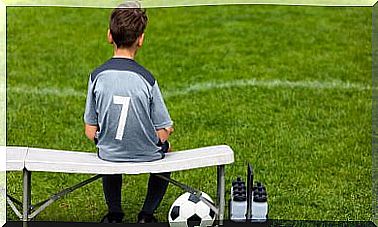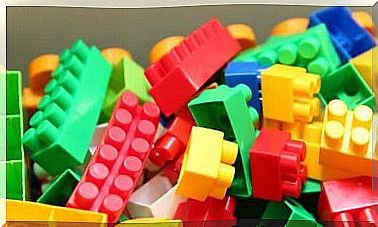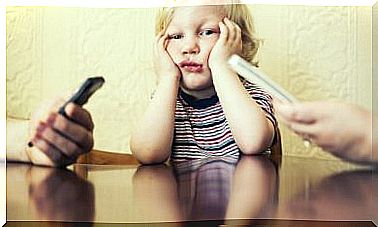Play Alone: 1 To 2 Year Olds
It is appropriate for children to work independently at the same time, spending a few moments playing alone. See, in this article, tips to make your child play alone.
There are few things as special as quality time playing with your toddler.
However, there comes a time when your child needs to learn to do things by himself, even if only for twenty minutes and always under your eyes to know that everything is fine, that he is safe and protected at all times.
Young children need constant supervision.
8 tips to get your 1 or 2 year olds to play alone
1. Spending time alone in the same room
Spending time alone in the same room, but allowing the child to do whatever they want with their toys, is a good idea.
That way, the boy or girl can play alone at will and you never miss what he or she is doing.
You can give some games or books to read. But don’t give too many, think of specific ones to stimulate fun.
2. Be a good example
To be a good example, your child should see you do things on your own. So he will imitate you.
For example, you can play with blocks (lego) for him to see, read a book or paint some paper or some small blackboard that he has at home that he can also use. Remember to buy non-toxic products, as young children put everything in their mouths.
3. The screen is not a kangaroo
Don’t rely on television or mobile or tablet games to keep your child entertained. This will only change the dependency it has on you for the screen.
That’s not the goal. What you want is to get your child to have autonomy to enhance a free game, which is able to invent their own games developing their creativity and imagination.
4. Establish a safe space
It is very important that in your home there is a safe space where your child can experiment and play alone without danger, without any kind of risk that could do any harm.
Think of playgrounds, delimited areas or a room all prepared so that he can experiment without danger, without objects that could hurt him.
5. No interruptions
If your child is entertained by playing alone, don’t interrupt him. If you can, for example, let him play 15 minutes more before dinner, wait a while, no problem.
Be flexible because these moments of play are very important for emotional development and also for working on the children’s independence and autonomy. As we grow, this autonomy is very valuable.
6. The mess doesn’t matter
Don’t despair when you see a bit of a mess in your house. Allow for chaos while the child plays. The idea is to give up control for a while so that your child can find out which is the best Minas Gerais to distract himself and effectively.
When the game is over, you can encourage him and help him put away all the toys so that he learns little by little that it is his responsibility to do this.
7. Spend quality time with your child
Letting your child play alone, in order to improve their independence and autonomy, does not mean that you will stop paying attention to them, “he must learn to be alone”.
Not so, your child needs quality time with you. Therefore, you should prioritize the time you spend with your child. Time spent playing alone should be limited. Also, you should always enjoy this quality time with him.
8. Little by little is better
At first it can be difficult for a child to enjoy time alone, it’s normal. It may take a few minutes before she starts playing, or it may be that a few minutes playing alone is more than enough.
You can start with a few minutes playing alone, and increase the minutes each day until your child feels in harmony.









